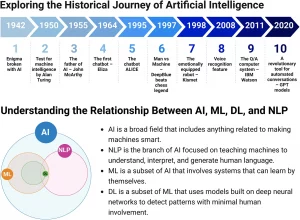a
c
This article explores the growing importance of happiness in the workplace, not as mere superficial fulfillment, but as a deep sense of purpose and meaning. The “crisis of happiness at work” will be analyzed and how companies can transform it into a competitive advantage.
The Crisis and the Solution: Beyond Superficial Benefits
Despite the proliferation of corporate benefits aimed at wellness, such as yoga and free food, many workers remain unhappy. That’s because such initiatives often focus on the symptoms, not the cause: the lack of meaning in work.
True happiness at work comes from sense of purpose. A study from the London School of Economics (LSE) shows that connecting work to purpose increases employee happiness by 12% . This finding highlights how a purpose-driven approach is critical to employee well-being.
The Power of Purpose: A Neurological and Evolutionary Perspective
Our search for meaning is rooted in evolution. In the past, finding food and shelter was critical to survival. Our brain, therefore, is programmed to reward us when we find a goal]. Dopamine, the pleasure neurotransmitter, increases not only when a goal is achieved, but also when it is simply achieved. fixed .
Building a Purpose-Driven Company: Concrete Strategies
To cultivate purpose-driven happiness, companies must take a strategic approach:
- Define a strong business purpose: A clear, ambitious, and inspiring purpose, like Microsoft’s (“Empower every person and every organization on the planet to achieve more”), can drive innovation and growth.
- Integrate purpose into business strategy: Purpose does not have to be a stand-alone entity, but must permeate every strategic and operational decision. For example, Leeds Building Society has stopped offering second home mortgages because it conflicts with its aim of making homes accessible to all.
- Involve employees: Create a safe and open working environment, where employees can discuss and find their role within the company purpose. Key questions to ask yourself are: “What do you like/dislike about our purpose?”, “What do you find meaningful in your work?”.
- Keeping the connection between work and purpose alive: Leaders must constantly remind employees of the importance of their work and celebrate the progress they have made. This can be done by linking purpose to individual goals, evaluation processes and moments of recognition.
Happiness as a Competitive Advantage
Happiness at work based on a sense of purpose is not only ethically right, but also strategic. Companies that know how to cultivate this type of happiness will have more motivated employees, a decisive competitive advantage in a constantly evolving job market.









